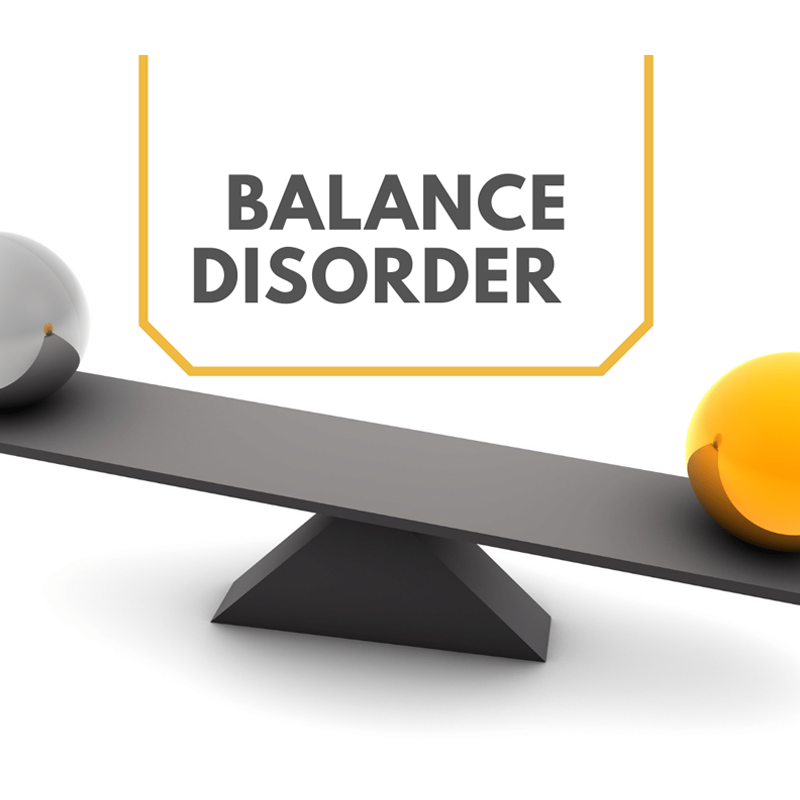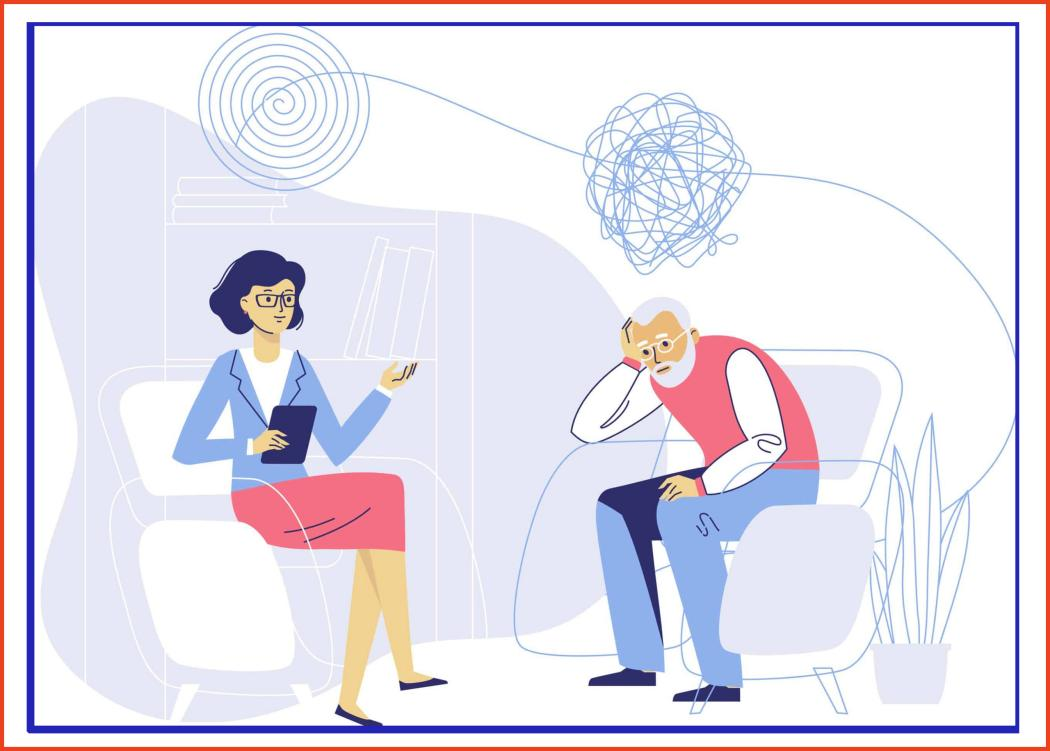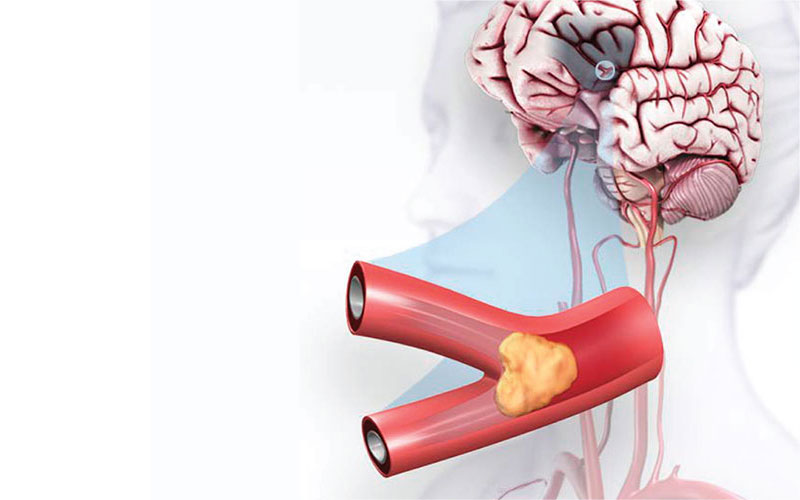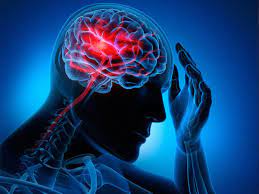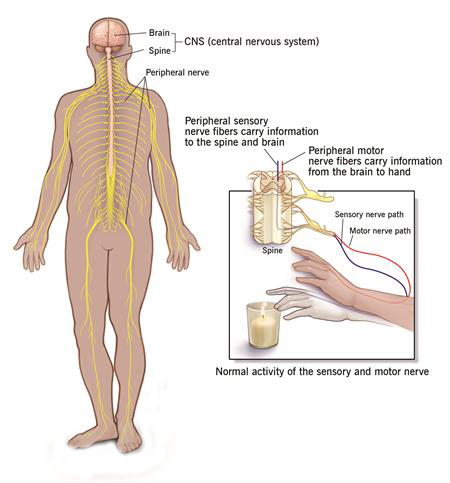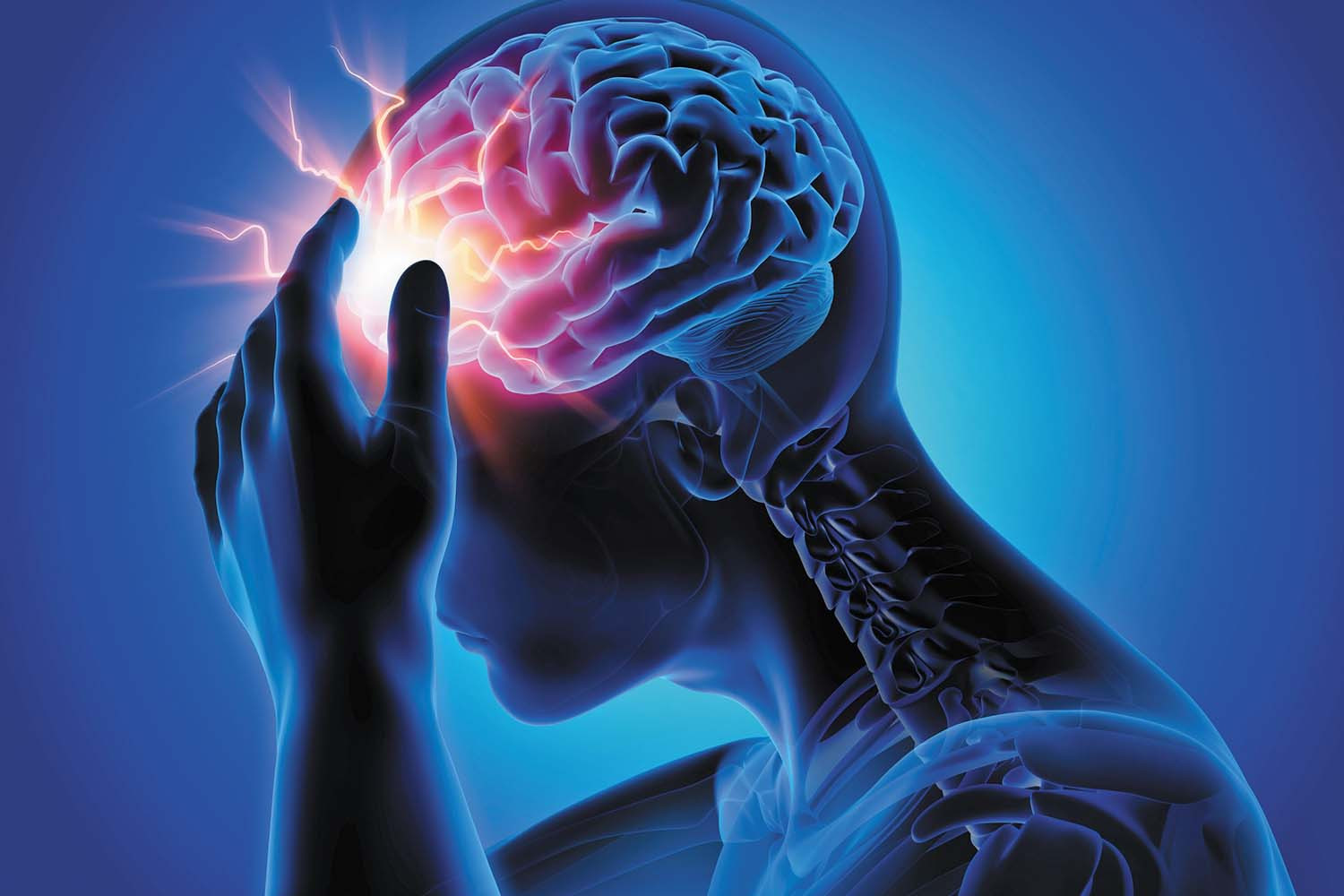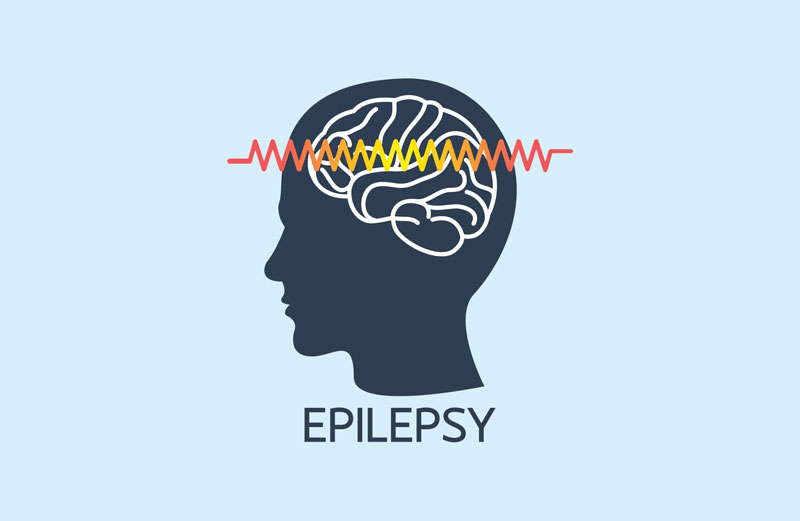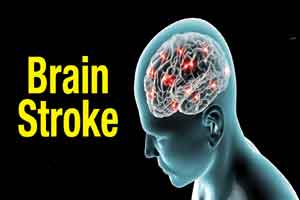Hypertension And Stroke: What Is The Connection?
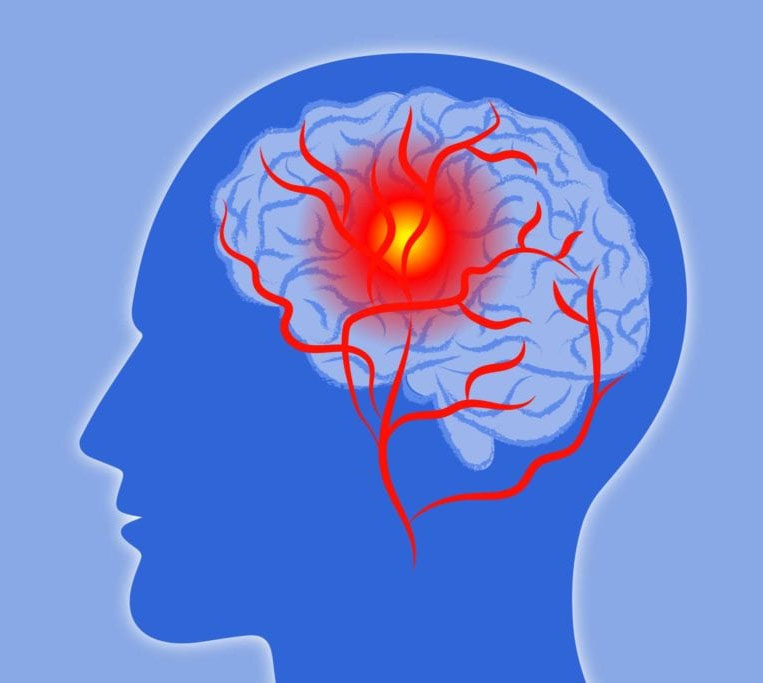
Hypertension, commonly known as high blood pressure, is a serious health condition that significantly increases the risk of stroke. Stroke is a medical emergency that occurs when blood flow to the brain is interrupted, leading to severe complications, including permanent disability or death. Understanding the link between hypertension and stroke is essential for prevention and effective management.
How Does Hypertension Cause Stroke?
Chronic high blood pressure exerts excessive force on blood vessel walls, making them weak and more prone to rupture. This can lead to a brain bleed, medically referred to as a hemorrhagic stroke. In this type of stroke, weakened arteries in the brain may burst, causing bleeding that damages brain cells and affects neurological function.
Additionally, long-standing hypertension can also contribute to ischemic stroke, which occurs when blood supply to a part of the brain is reduced or blocked. This happens due to the narrowing or blockage of arteries caused by plaque buildup, reducing oxygen and nutrient flow to the brain.
Preventing Stroke Through Hypertension Management
Since hypertension is a major risk factor for stroke, managing blood pressure effectively can significantly reduce the risk. Here are some key strategies:
⦁Monitor Blood Pressure Regularly – Keeping track of your blood pressure readings helps in early detection and timely intervention.
⦁Adopt a Healthy Diet – Reduce salt intake, eat more fruits and vegetables, and avoid processed foods high in sodium and unhealthy fats.
⦁Exercise Regularly – Engaging in physical activity for at least 30 minutes a day helps maintain a healthy heart and circulation.
⦁Maintain a Healthy Weight – Obesity is linked to high blood pressure, so maintaining a balanced weight is crucial.
⦁Limit Alcohol and Quit Smoking – Excessive alcohol consumption and smoking can raise blood pressure and increase stroke risk.
⦁Manage Stress Effectively – Chronic stress can contribute to hypertension; practices like meditation and deep breathing can help.
⦁Take Medications as Prescribed – If diagnosed with hypertension, adhering to prescribed medications and medical advice is critical.
Hypertension is often called the silent killer because it can go unnoticed until severe complications like stroke arise. By understanding the connection between high blood pressure and stroke, individuals can take proactive steps to reduce their risk. Prioritizing a healthy lifestyle, routine check-ups, and timely medical intervention can help prevent devastating consequences.
For expert neurological guidance on hypertension and stroke management, consult a specialist
Dr.Varun Reddy
DM Neurology, AIIMS New Delhi
Senior Neurologist
Your health is in your hands—take action today!
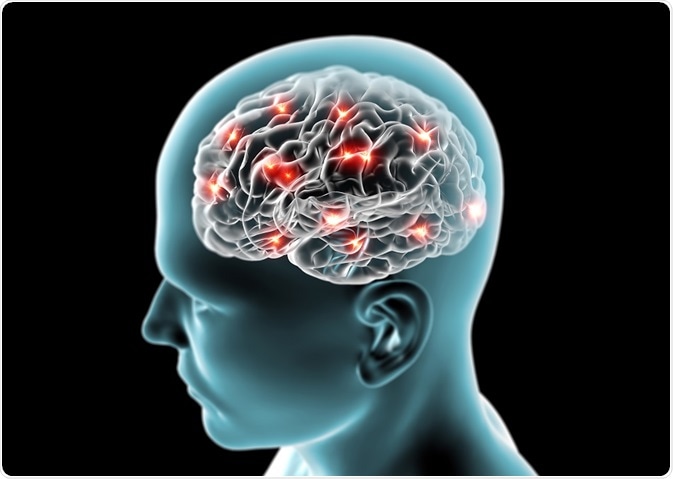
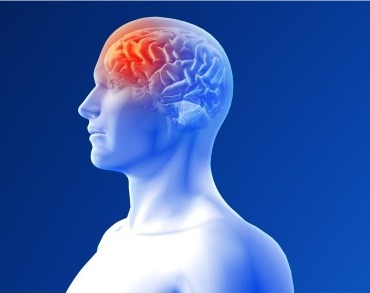
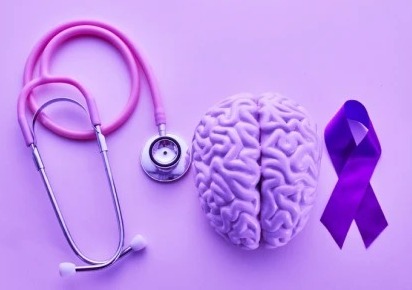
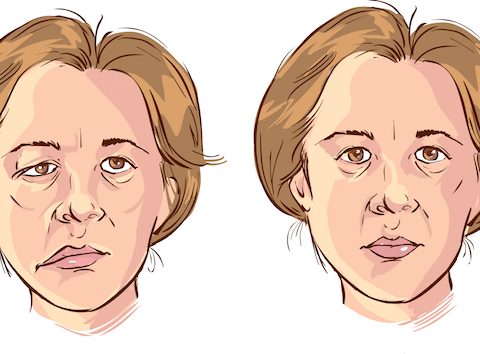
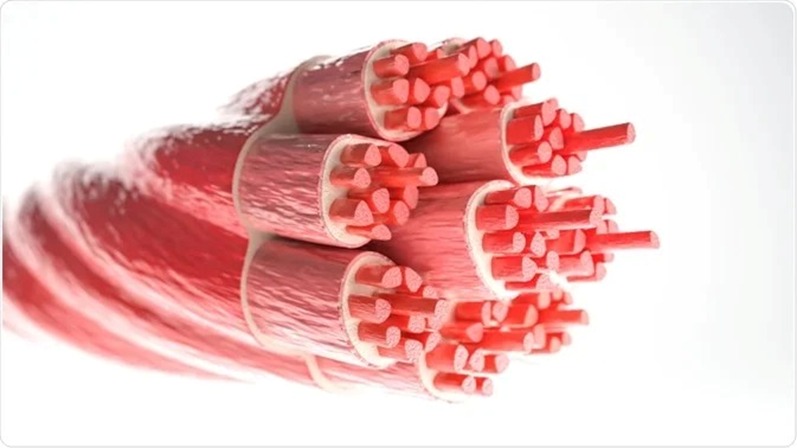
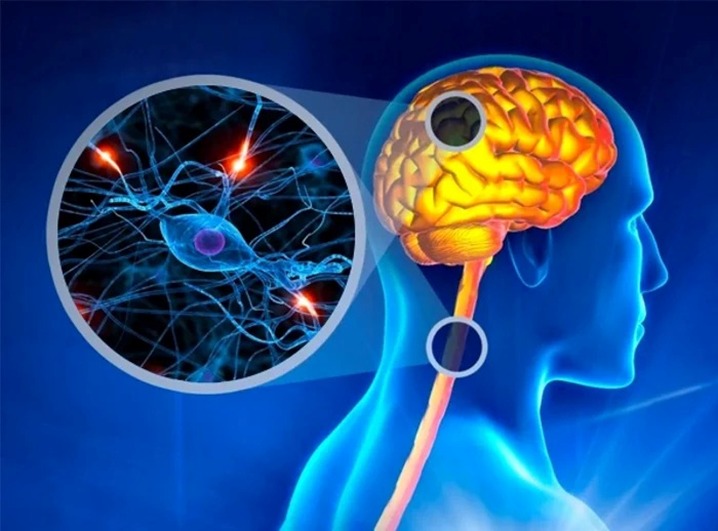
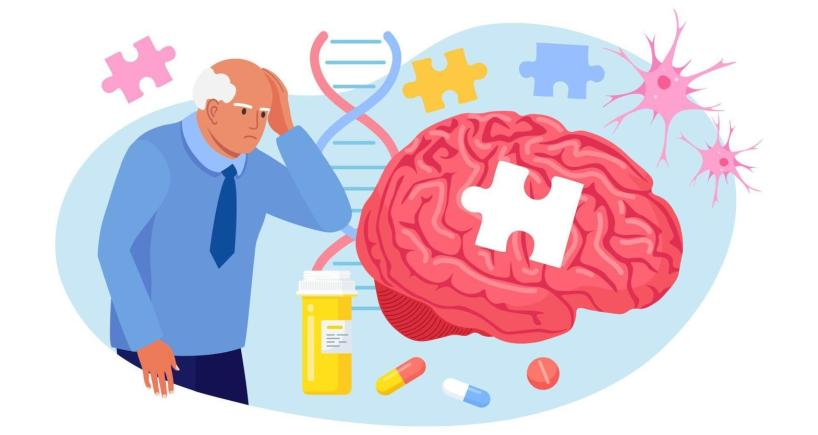
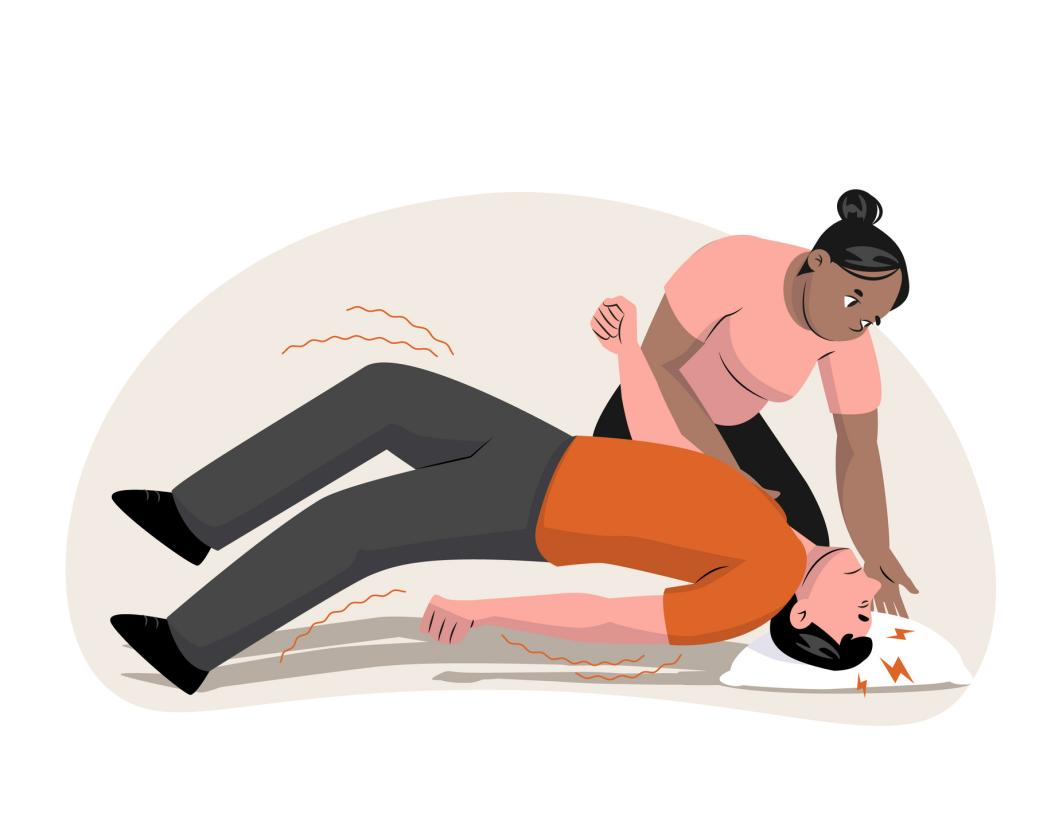
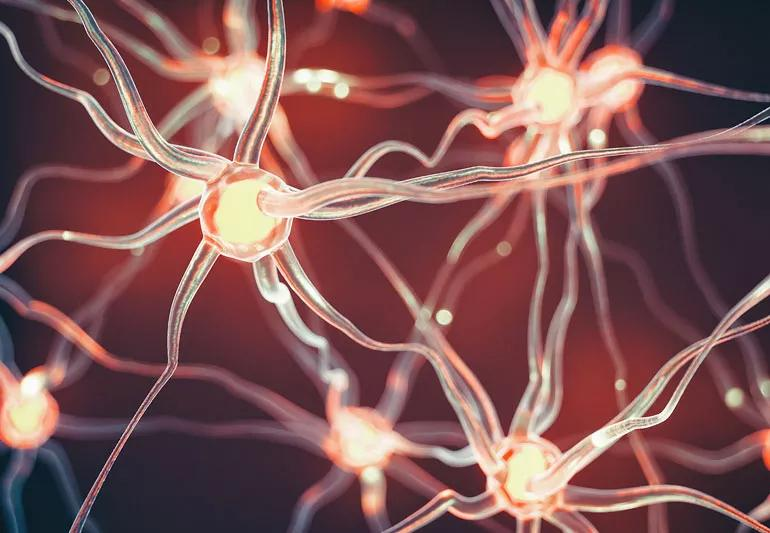

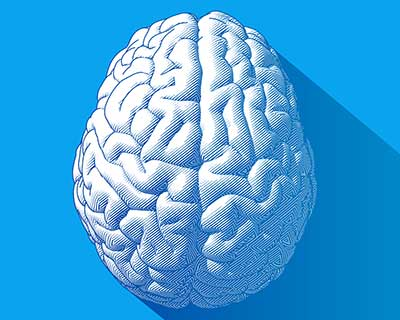

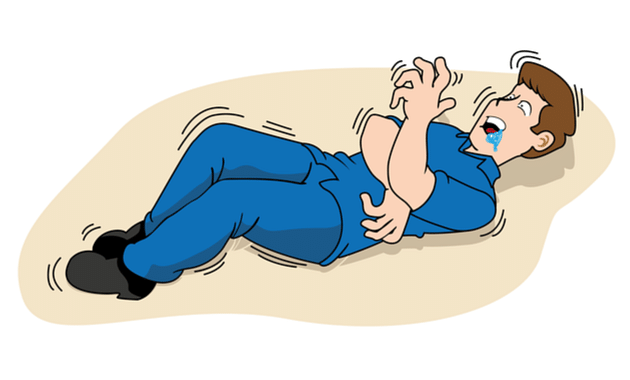
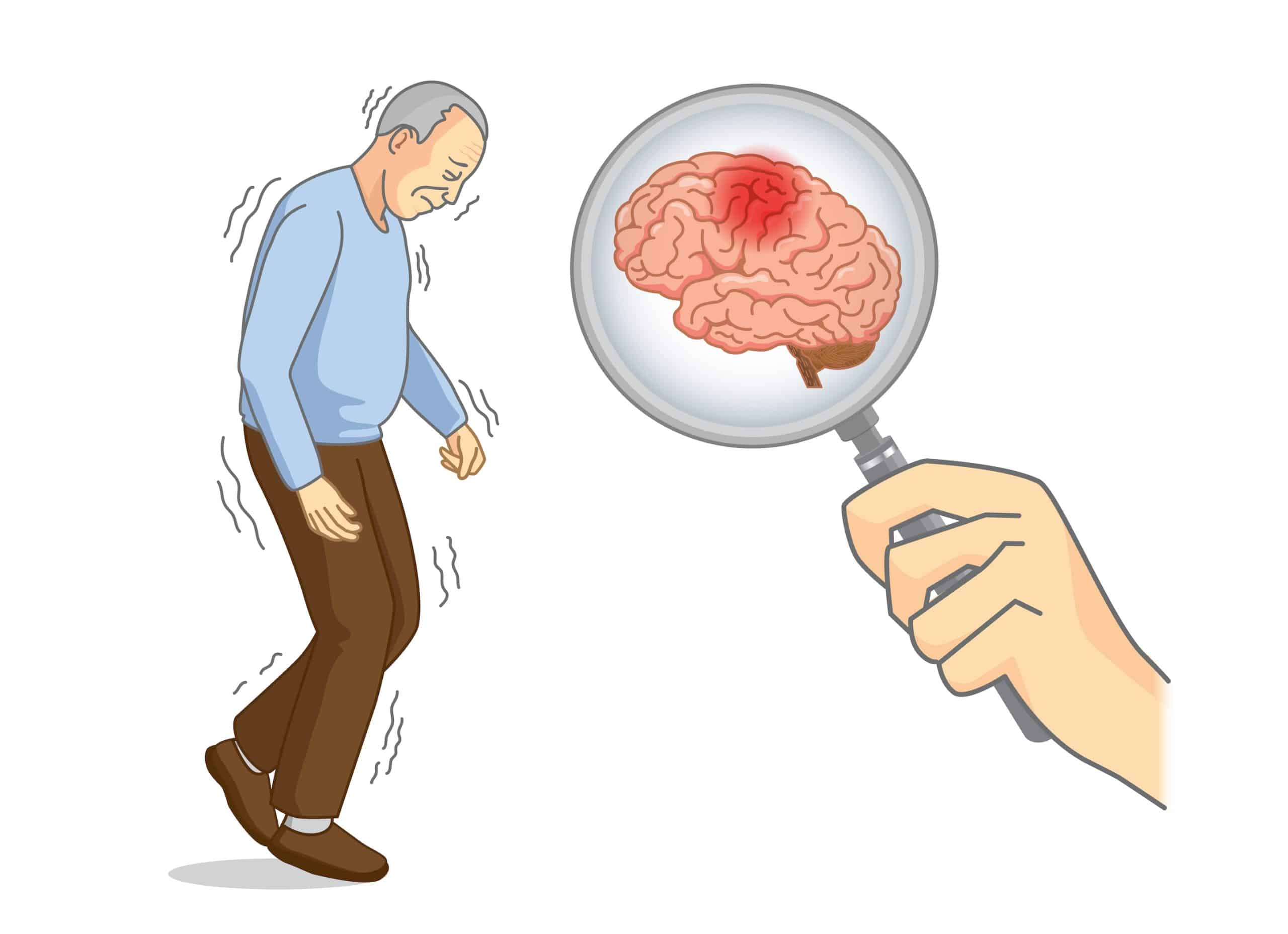
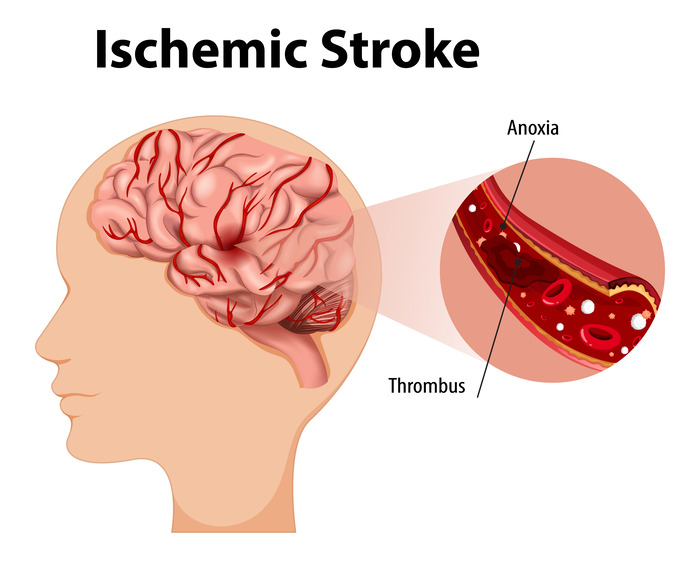
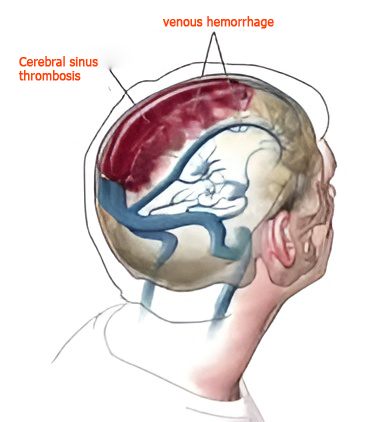
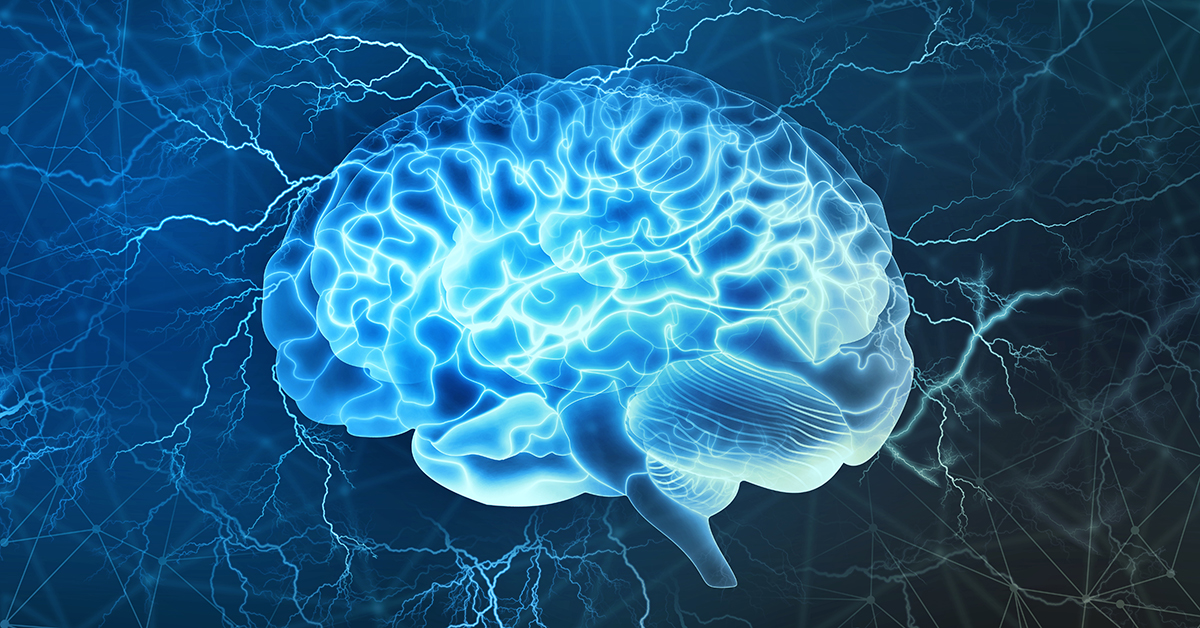
.jpg)
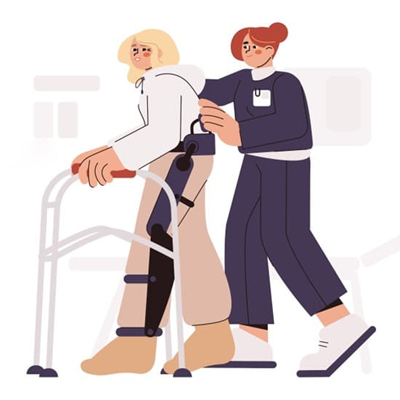
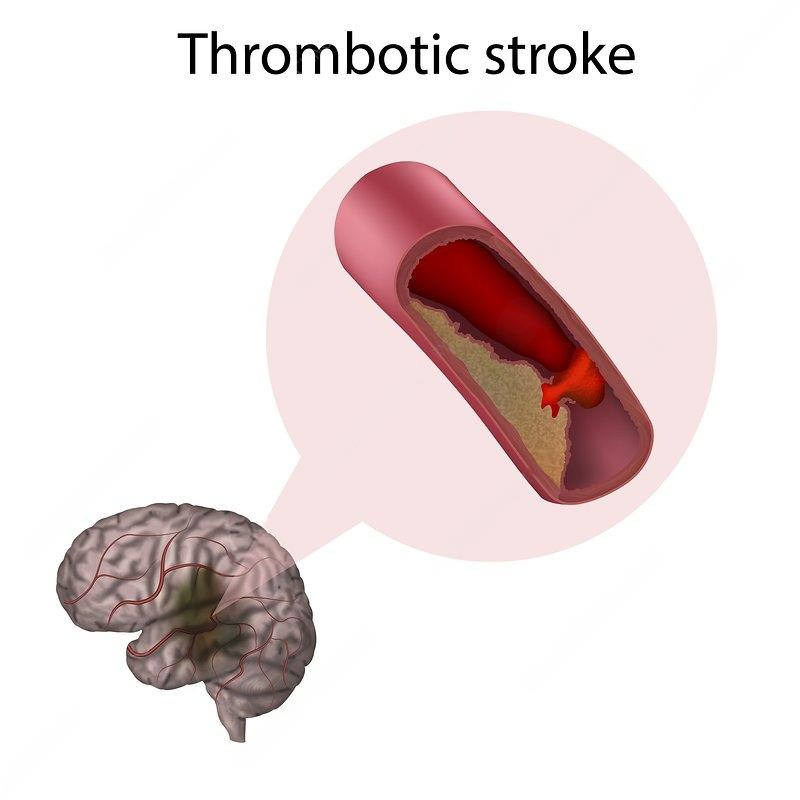
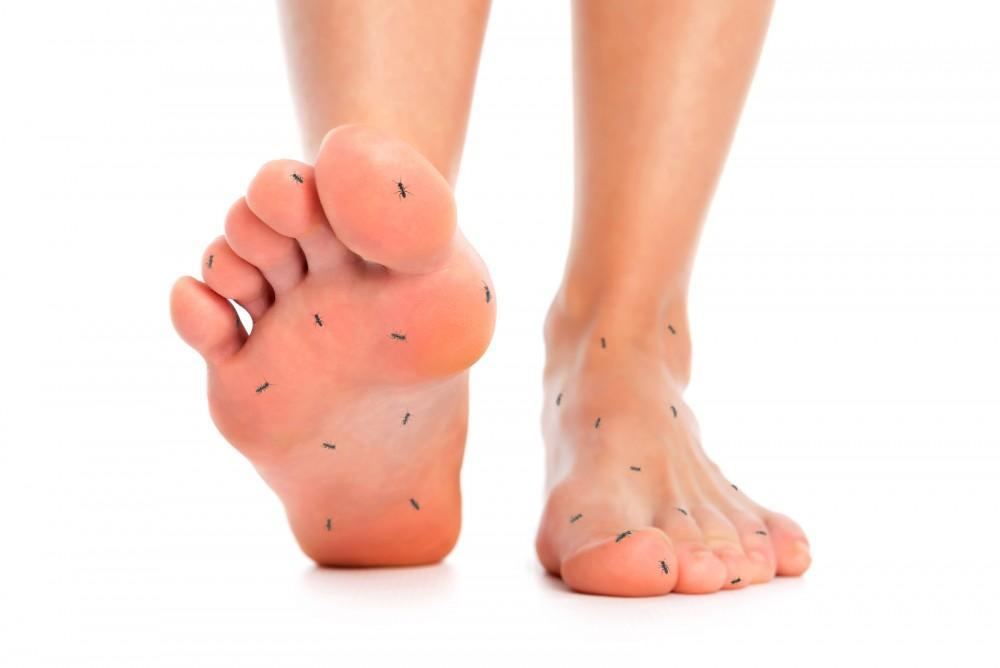
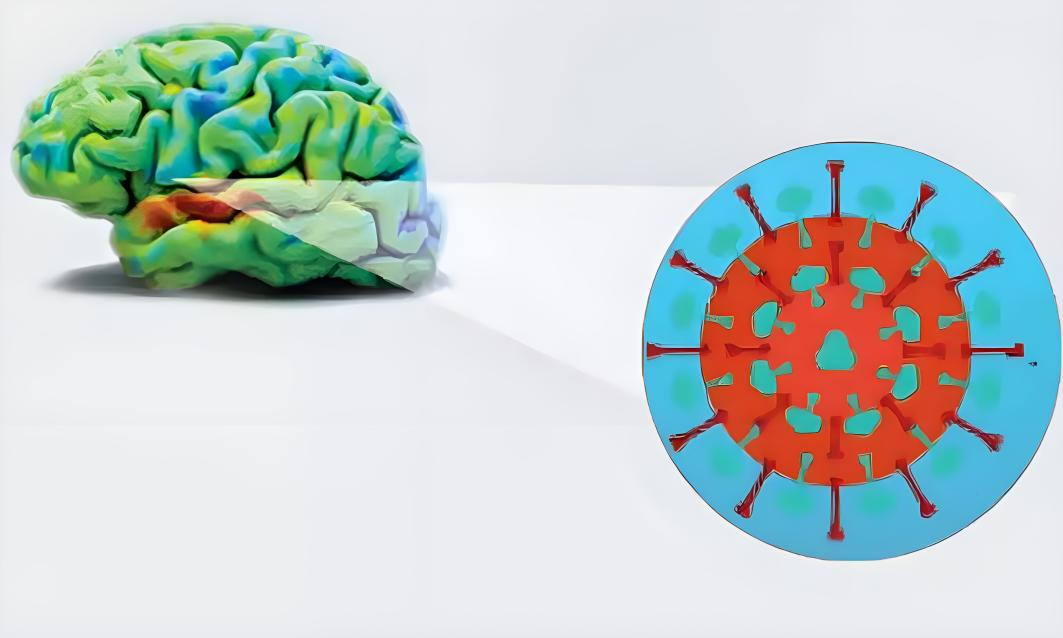
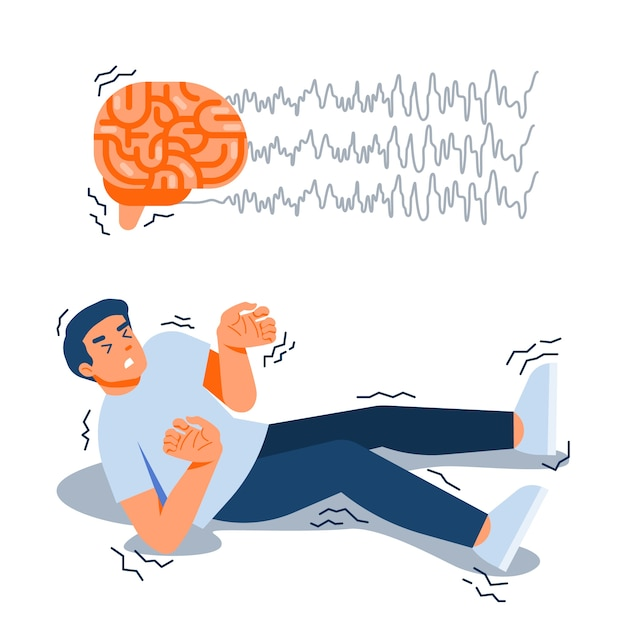
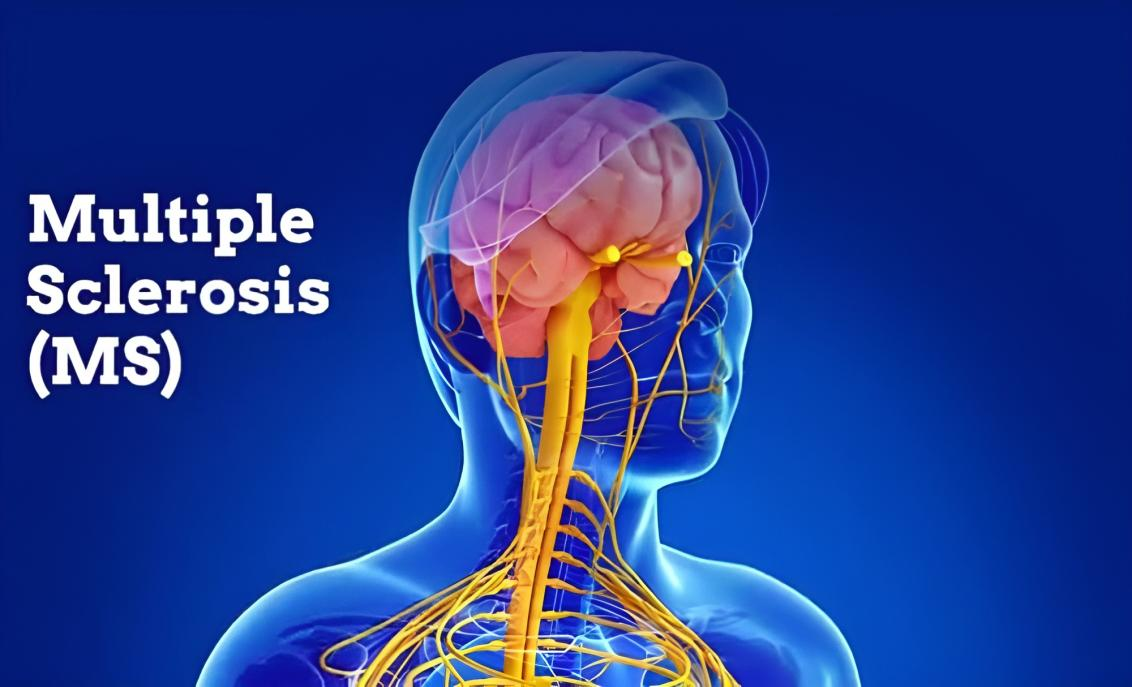
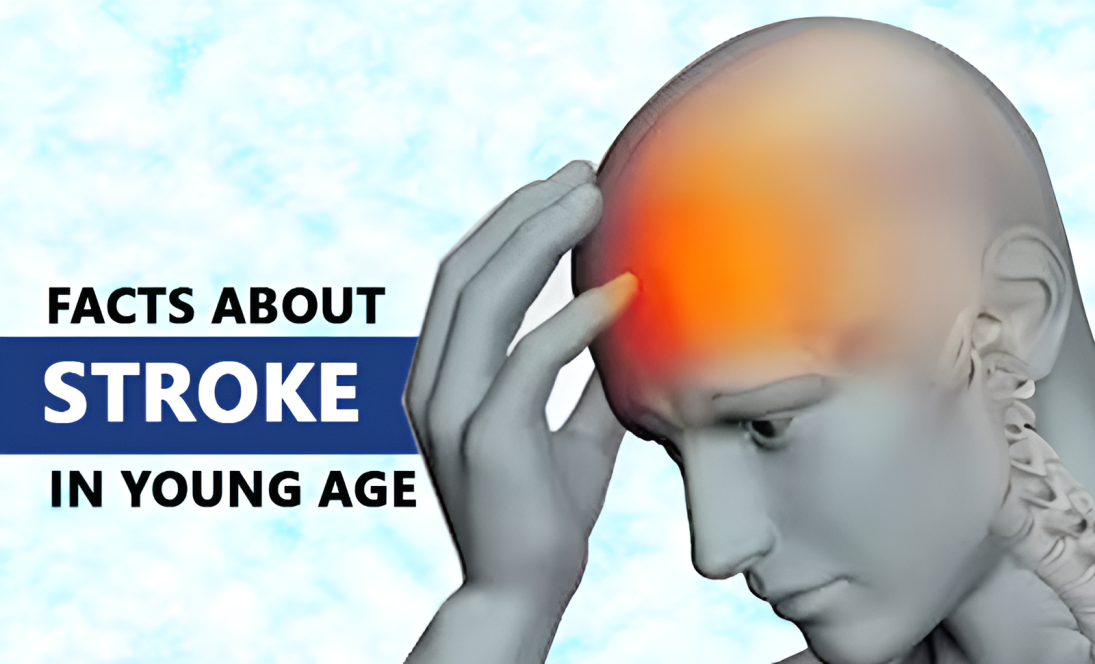
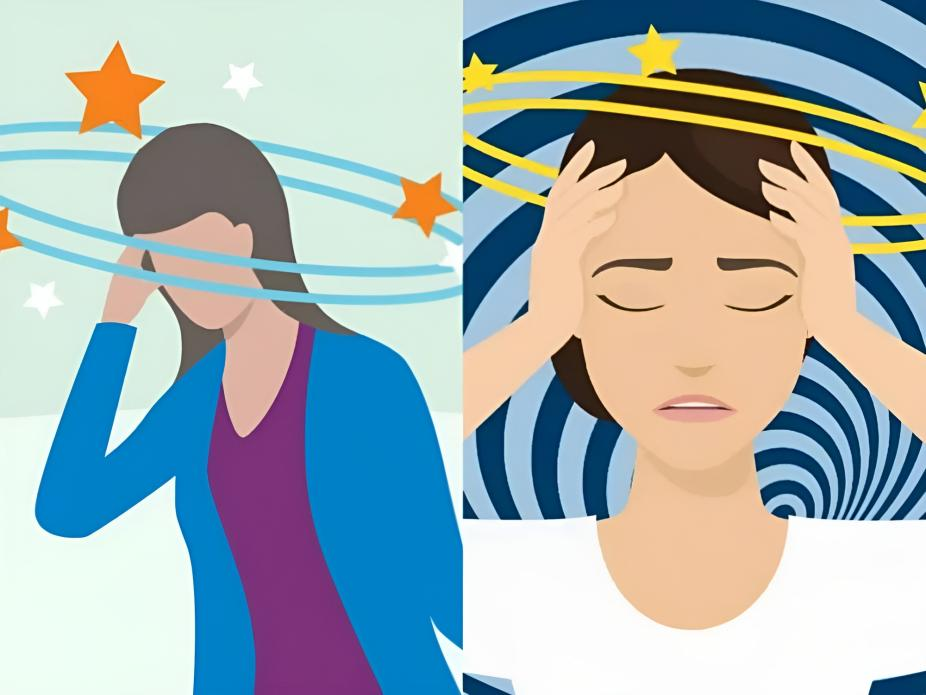
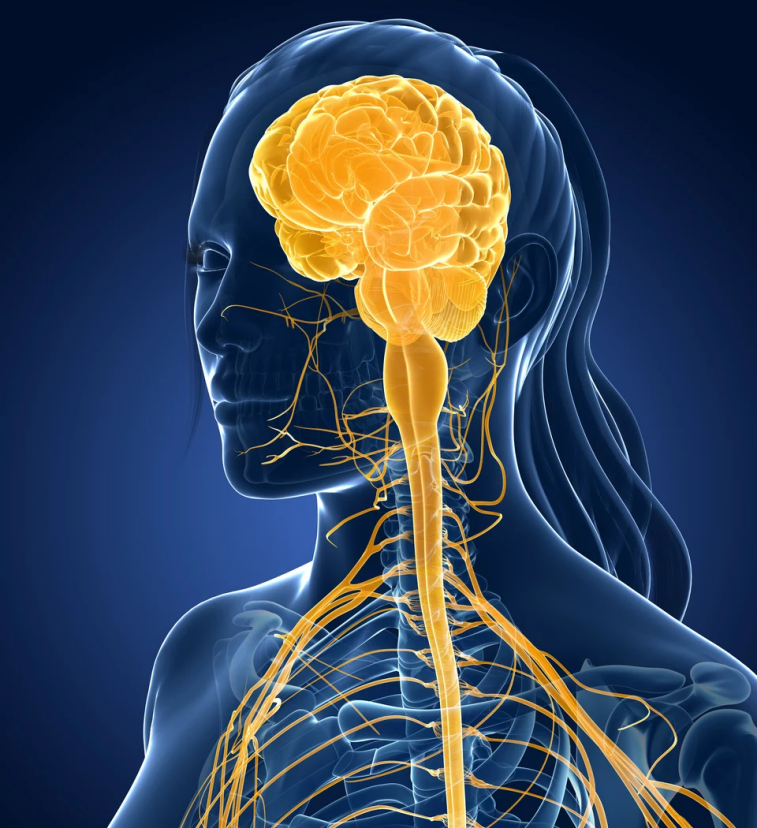
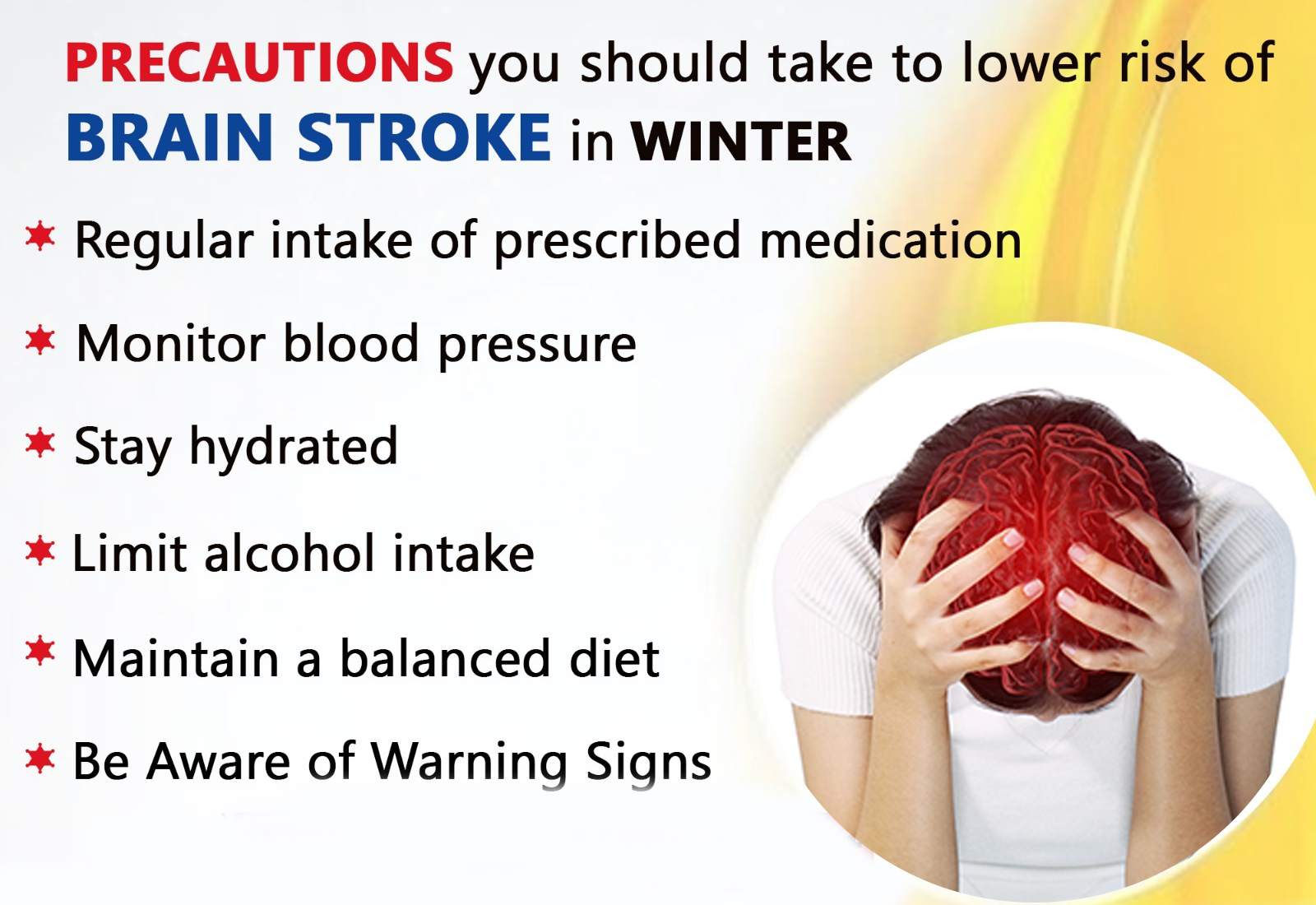
.png)
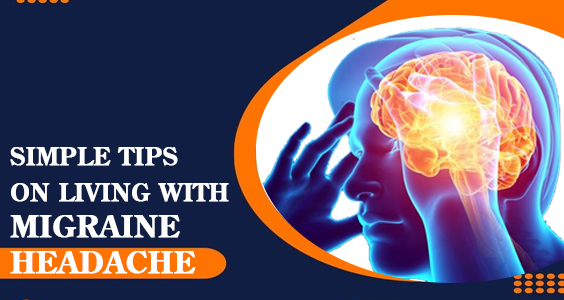
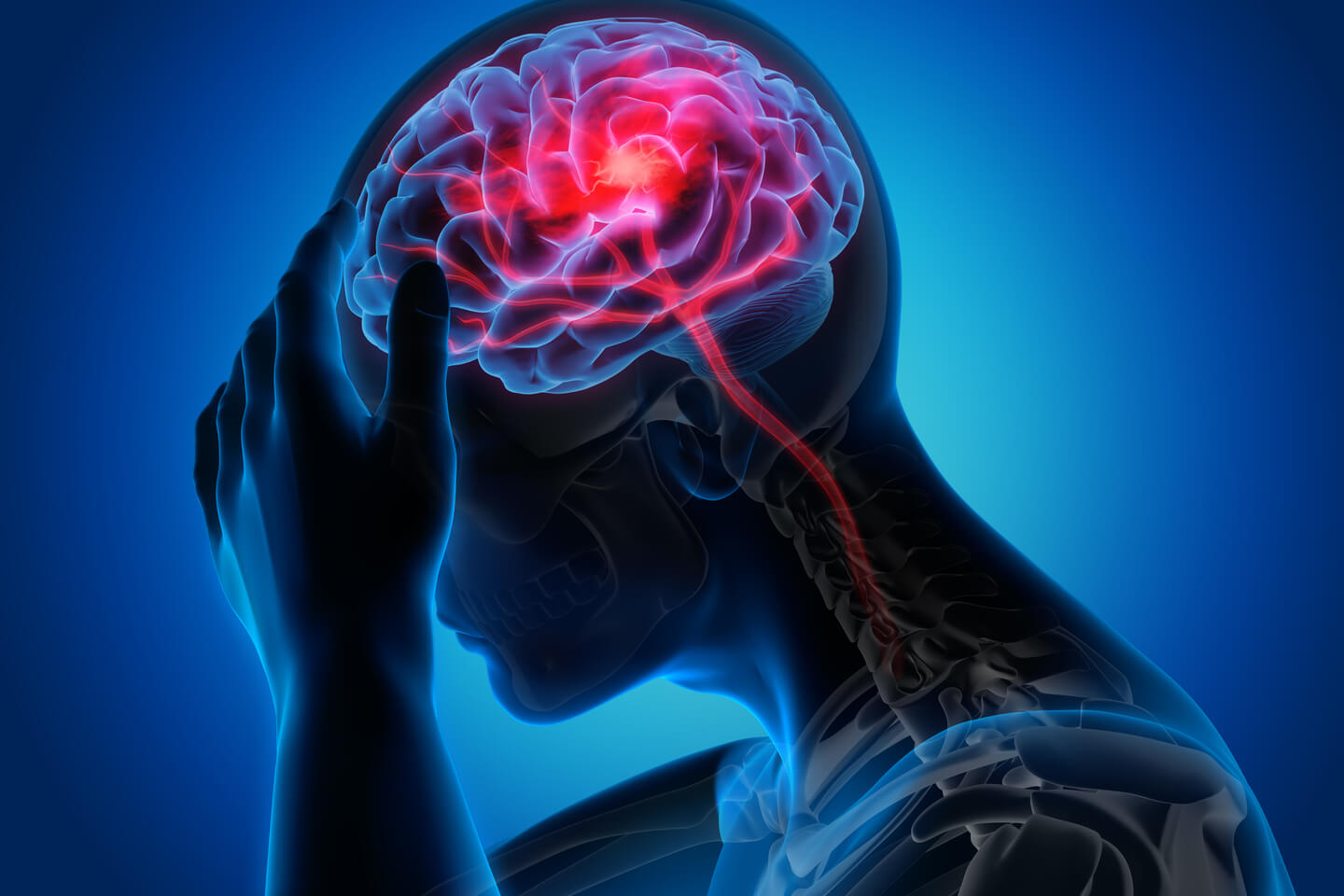
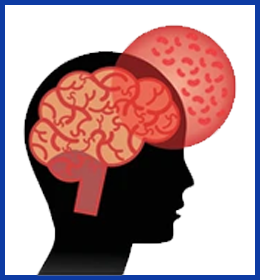
.png)
.png)
